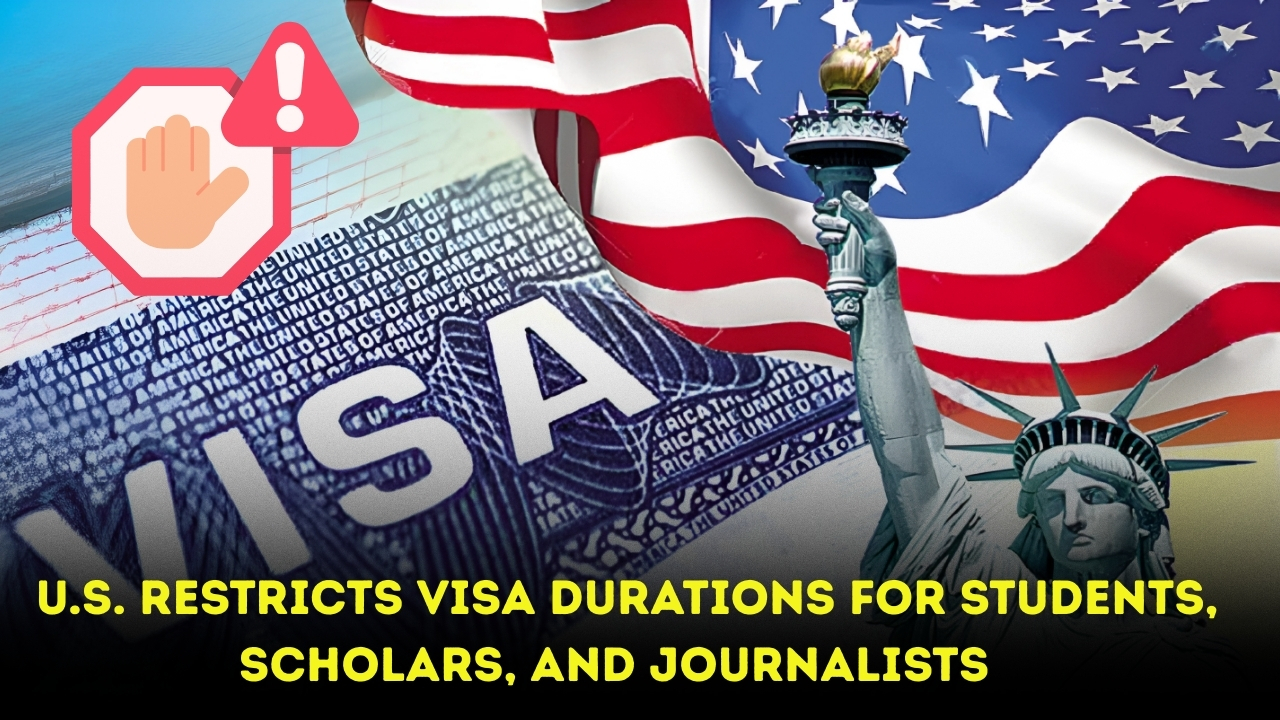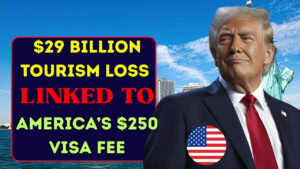Student Time Cut on Campus
The new visa limit shrinks student stay, with tighter time caps now on the visas that used to cover entire degree paths, often lasting four full years or more. If courses run longer than the limited period, students must request a visa extension. Colleges that are still unsure about enrollment patterns after the pandemic now worry prospective students who prize certainty may think twice about America.
Fewer Days for Research Professors
Visiting professors and researchers who fill labs with critical work in science, engineering, and medicine are also affected. Colleges say rigid deadlines and new paperwork could break the flow of complex projects and scatter international teams.
Many young scholars who want to take part in U.S.-based research are now weighing whether to go at all because they worry that their visa status might suddenly flip. If uncertainty keeps growing, these future trailblazers might simply choose labs, studios, or theaters in countries with clear visa rules, and the U.S. risks watching the brightest minds pack their bags for more welcoming shores.
Journalists aren’t escaping the tighter clamp. Foreign reporters used to writing from U.S. bureaus now find that their press visas come stamped with short, ticking clocks. Major news outlets that once posted teams for years at a time now need to queue for time-draining renewals in mid-city office towers. Media watchdogs shout that reversing to short stays not only piles up paperwork but freezes overseas coverage of important U.S. stories, from elections to climate probes, and risks leaving the entire country covered the same way it is seen in short viral clips.
On the officials’ side, the Department of Homeland Security insists the revisions are a firewall against overstays and a first line of national guarding. Still, supporters concede that governments from Europe to Asia are, in their words, retooling their own weary immigration machines.
The counter-argument hit quickly: the plan might also corrode the reputation that years of American welcoming business and brand building has created. Economists, university deans, and the heads of global press unions keep repeating that foreign students and researchers still coach U.S. campuses with billions, and the social-height alumni networks these halls seed quietly strengthen defenses the national interest can’t buy.
Cutting back on how long they can stay, the new rule-makers insist, sends a message that the U.S. is closing the door at a moment when other countries are eagerly rolling out red carpets for bright minds from around the world.



